Dispatch from Berlin, 1943: The story of five journalists who risked everything
NewSouth, $34.99 pb, 344 pp
‘And yet more fire’
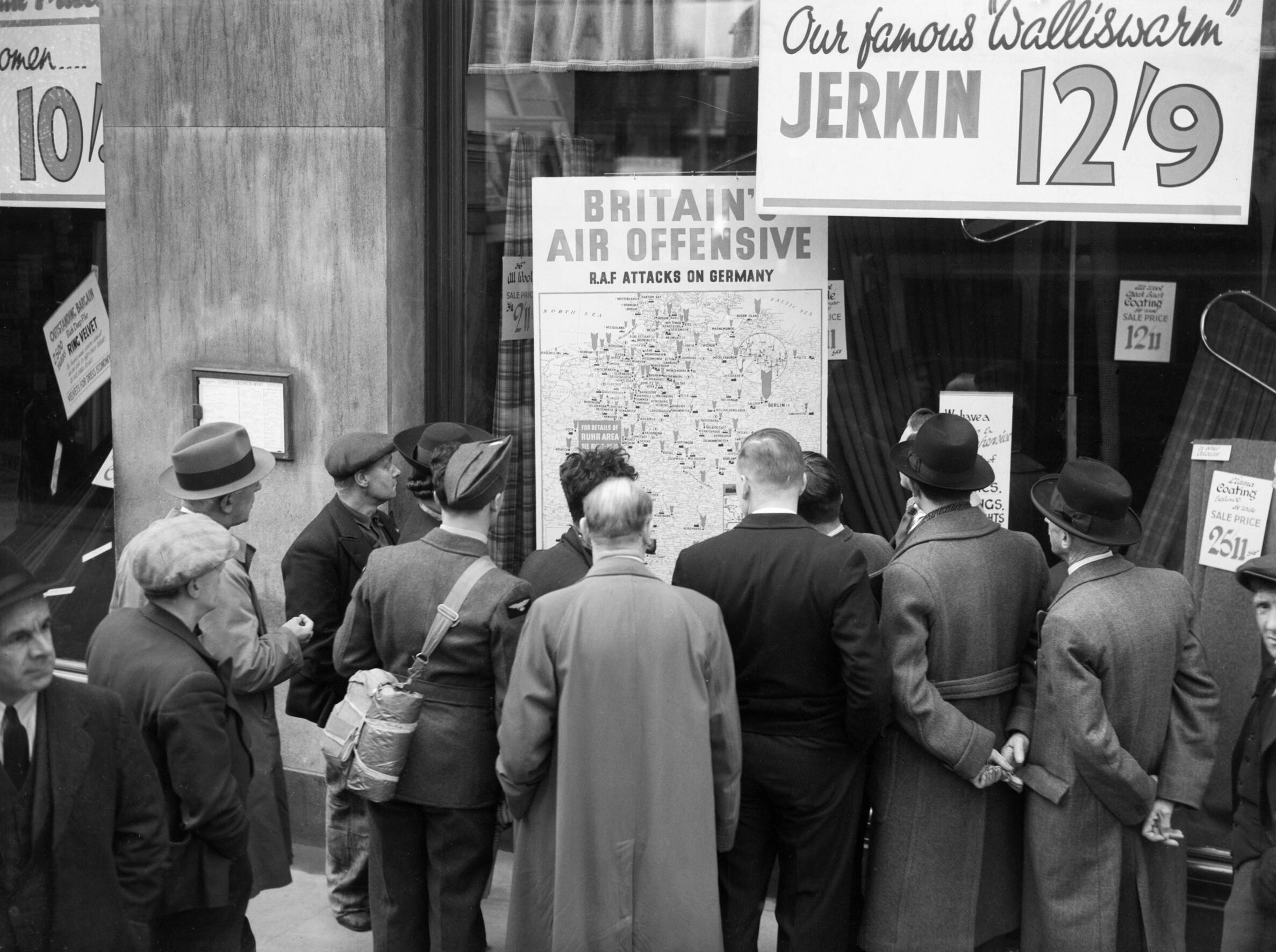
Bomber Command operations cost about 3,500 Australian lives in World War II. This was more than five times the number of Australians who died in the Battle of Kokoda from July to November 1942. Yet the strategic bombing offensive over Germany has never held a comparable place in the national memory of war.
Possibly this is because Bomber Command did not lend itself to a nationalist narrative. Whereas Kokoda became ‘the battle that saved Australia’, all Australians serving with the Royal Air Force (RAF) were far from home and absorbed into multinational squadrons. The bombing campaign, too, was fought miles above the earth in night skies punctuated by flashes of light and flares. The photographic record could not capture the cultural imagination as readily as did the dramatic Owen Stanley Range. Then, there is the enduring controversy about the bombing of German cities. Was it worth the cost? Did it contribute significantly to Allied victory? Did it breach the laws of war by deliberately targeting civilians?
Continue reading for only $10 per month. Subscribe and gain full access to Australian Book Review. Already a subscriber? Sign in. If you need assistance, feel free to contact us.



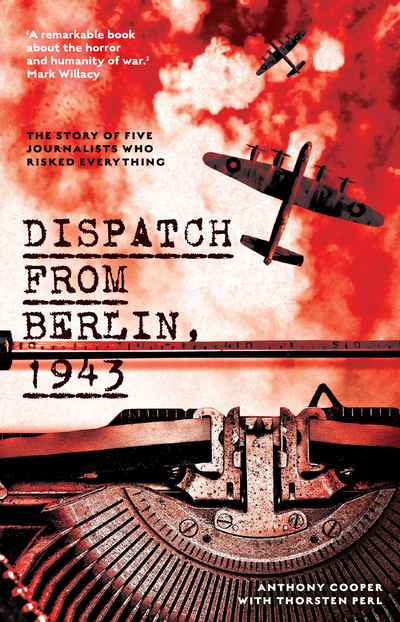





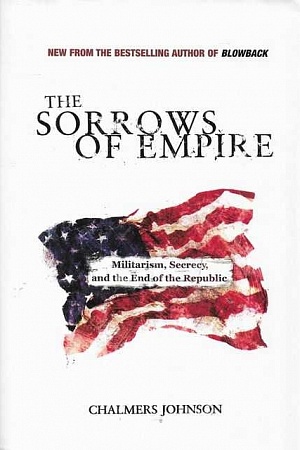
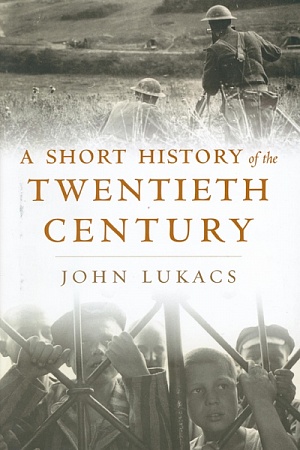
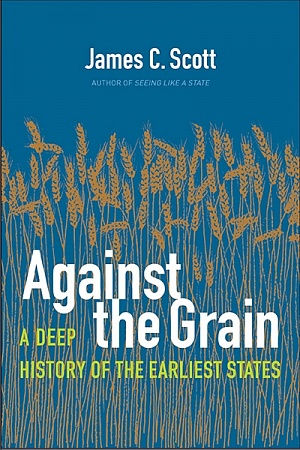
Comment (1)
Bregman writes: 'Shortly after the German surrender in May 1945, a team of Allied economists visited the defeated nation, tasked by the US Department of Defense to study the effects of the bombing. Most of all, the Americans wanted to know if this tactic was a good way to win wars. The scientists’ findings were stark: the civilian bombings had been a fiasco. In fact, they appeared to have strengthened the German wartime economy, thereby prolonging the war. Between 1940 and 1944, they found that German tank production had multiplied by a factor of nine, and of fighter jets by a factor of fourteen. A team of British economists reached the same conclusion. In the twenty-one devastated towns and cities they investigated, production had increased faster than in a control group of fourteen cities that had not been bombed. ‘We were beginning to see,’ confessed one of the American economists, ‘that we were encountering one of the greatest, perhaps the greatest miscalculation of the war.’
Bregman, Rutger. Humankind . Bloomsbury Publishing. Kindle Edition.
Leave a comment
If you are an ABR subscriber, you will need to sign in to post a comment.
If you have forgotten your sign in details, or if you receive an error message when trying to submit your comment, please email your comment (and the name of the article to which it relates) to ABR Comments. We will review your comment and, subject to approval, we will post it under your name.
Please note that all comments must be approved by ABR and comply with our Terms & Conditions.